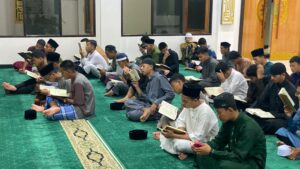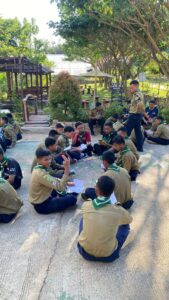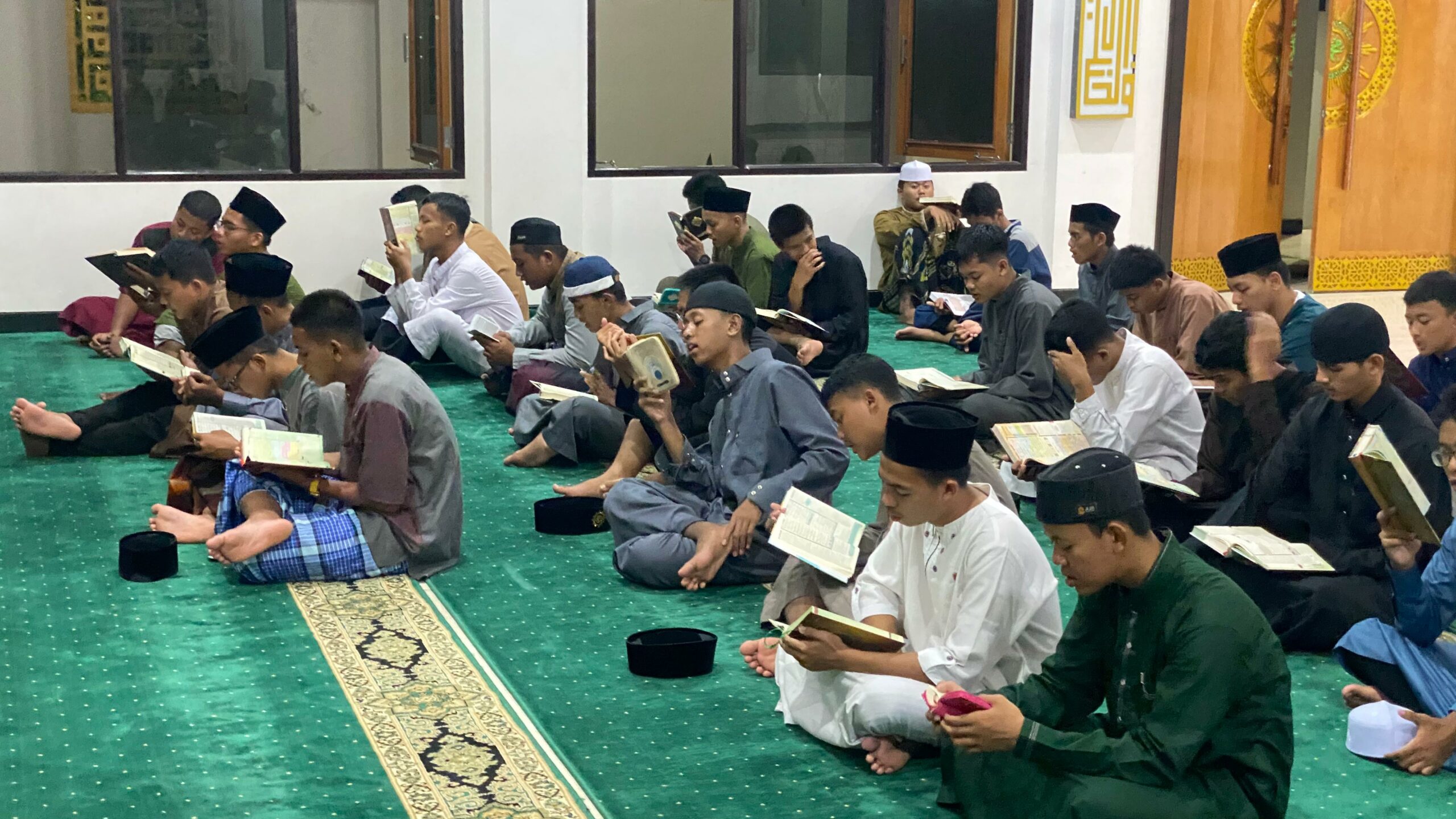
Oleh: Sweet Nabila Imsaki Aulia, S.Pd., M.M
Independence is often celebrated with parades, ceremonies, and flag-raising events. Yet, for santri in Islamic boarding schools, independence is not only a matter of history or nationalism, but also a living spirit woven into daily practices of worship, the pursuit of knowledge, and service to the community. From within the humble walls of pesantren, the meaning of independence finds a deeper, spiritual resonance.

Independence as Spiritual Liberation
For santri, independence begins with the liberation of the heart. True freedom is not simply the absence of colonial rule, but the ability to free oneself from arrogance, greed, and worldly attachments. In pesantren life, independence is practiced through discipline early morning prayers, long hours of study, and acts of service. These routines train santri to resist laziness, selfishness, and despair, which are forms of “inner colonization.” Thus, independence is first and foremost an act of worship: surrendering to God while striving to become a free, responsible individual.
Knowledge as the Foundation of Freedom
The pursuit of knowledge is central to the santri identity. Pesantren are not merely institutions of religious instruction, they are spaces where critical thinking, moral values, and community awareness are cultivated. Through studying classical Islamic texts alongside modern sciences, santri learn that independence requires intellectual strength. Without knowledge, a nation risks being dominated not by foreign powers, but by ignorance and injustice from within. In this sense, every book read, every debate in the classroom, and every lesson from a teacher is part of the struggle to maintain and deepen independence.
Devotion as Service to the Nation
Independence also means devotion—devotion to God, to society, and to the homeland. The history of Indonesia’s independence cannot be separated from the role of pesantren and the ulama, who mobilized students to fight for freedom. Today, that spirit of devotion continues in different forms. Santri serve communities by teaching, engaging in social work, and promoting ethical leadership. Their service is not about seeking recognition, but about embodying the pesantren principle of “khidmah” serving others sincerely as a form of devotion. Through this, santri remind us that independence is not merely a right to be enjoyed, but a trust to be fulfilled.
Conclusion: Living Independence Every Day
For santri, independence is not a once-a-year celebration, but a way of life. It is lived daily in worship that liberates the soul, in learning that strengthens the mind, and in service that uplifts society. By embodying these values, santri contribute to a vision of independence that is not only political, but also moral and spiritual. Their example teaches us that true independence is achieved when individuals and communities live with dignity, knowledge, and devotion.



